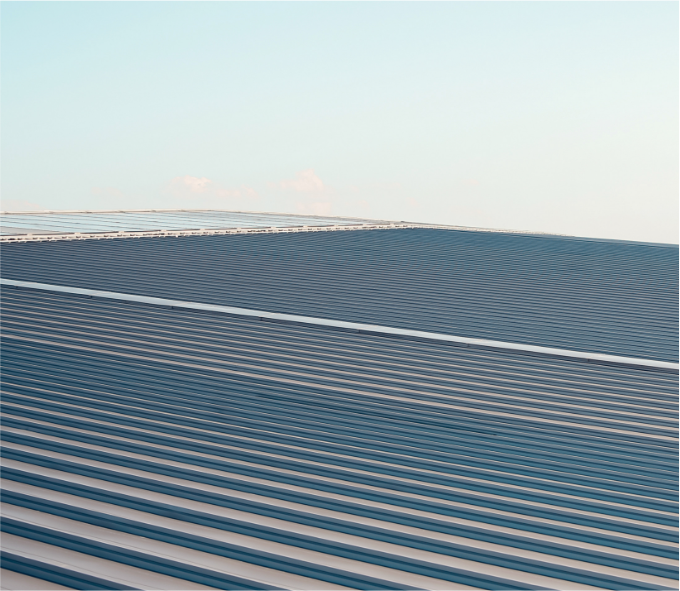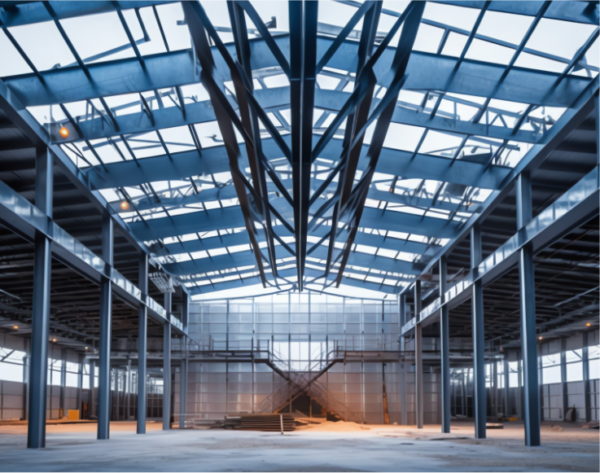Commercial Types of Roofing
Decoding the World of Commercial Roofs: A Comprehensive Guide
When it comes to roofing, you might think a roof is just a roof. However, there's a world of difference between commercial and residential roofing systems. Despite the shared primary function - protecting your property from the elements - the similarities pretty much end there. The key distinguishing factor? The slope of the roof, which is determined by the size of the building.

The Roof Slope: A Defining Factor
Residential buildings, being relatively smaller in size, typically have steeply sloped roofs. These are visible from the ground and often utilize materials like architectural tile, asphalt shingles, and slate. This design is dual purpose, as it not only serves a functional purpose but also contributes to the aesthetic appeal of the house.
On the other hand, commercial roofs, given the larger size of commercial buildings, usually have flat or only slightly sloped roofs. These are not visible from the ground, which means aesthetics might take a back seat to functionality and practicality.
Testimonials
Commercial Roofs: Variety is Key
The materials used for commercial roofs vary, and are determined by the structure of the building and a variety of other factors. For instance, if a surface normally endures mild conditions, the material chosen would be significantly different from that of a roof designed to withstand extreme climates and conditions.
Commercial roofing materials range from single-ply like TPO, EPDM, and PVC, to built-up roofing, modified bitumen, metal roofing, and more. Let's break it down:
- Single-Ply Roofing: This includes thermoplastic polyolefin (TPO), ethylene propylene diene monomer (EPDM), and polyvinyl chloride (PVC). They're durable, easy to install, and very energy-efficient.
- Built-Up Roofing: Also known as "tar and gravel" roofs, they are made of alternating layers of bitumen and reinforcing fabric. They provide excellent waterproofing and UV protection.
- Modified Bitumen: Similar to built-up roofing but with added layers of modified bitumen for enhanced flexibility and strength.
- Metal Roofing: This type is durable, fire-resistant, and perfect for areas with extreme weather conditions.
The Bottom Line on Commercial Roofing Types
The world of commercial roofs is broad and diverse. While they may not have the visual appeal of residential roofs, commercial roofs are designed for functionality and durability. Their variety and adaptability make them suitable for virtually any type of building and any set of conditions. Whether you're dealing with intense heat, or extreme elements, there's a commercial roofing solution for you at Tuff Roof.

